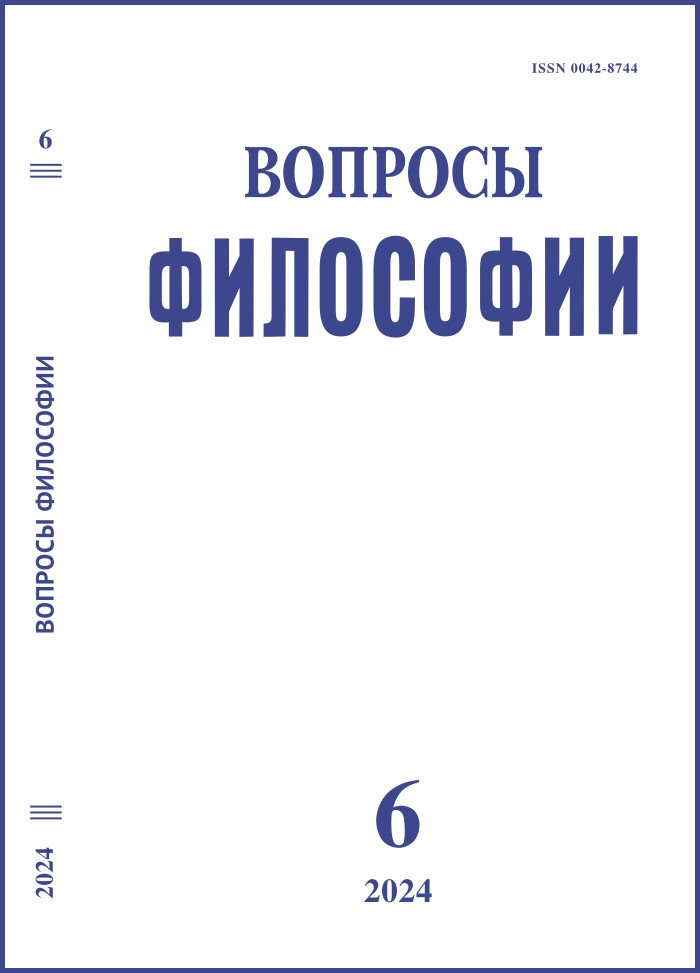The Renaissance of Cooperation: the Search for Economic Rationality and Socio-spiritual Meanings
DOI:
https://doi.org/10.21146/0042-8744-2024-6-55-64Keywords:
cooperation, trust, solidarity, cooperation, cooperative culture.Abstract
The article is devoted to the philosophical understanding of the phenomenon of cooperation, its role in achieving a new quality of being. The authors consider the current stage of development of society as a period of formation of conditions for the renaissance of cooperative forms of management, the revival of the ideas of cooperation and the collective spirit. The integrative functions of cooperation, its functional roles in the process of opposition to social entropy and disorganization are singled out. The authors come to the conclusion about the dual nature of cooperation, the ambivalence of the goals of cooperative practices, located on a continuum between economic rationality,
satisfaction of reasonable selfish needs and transcendental meanings of harmonization of social life. The conclusion is substantiated that the imbalance between the socio-spiritual and economic principles of cooperation becomes a source of dysfunctions, inversion of cooperative models. The following risks of the implementation of cooperative initiatives in the conditions of absolutization of the values of success are determined: destructive practices of ignoring collective interests, prioritization of personal gain, violation of ethical norms, contractual obligations. The article analyzes the influence of labor traditions, norms and national cultural code on the formation of cooperative forms of management.

